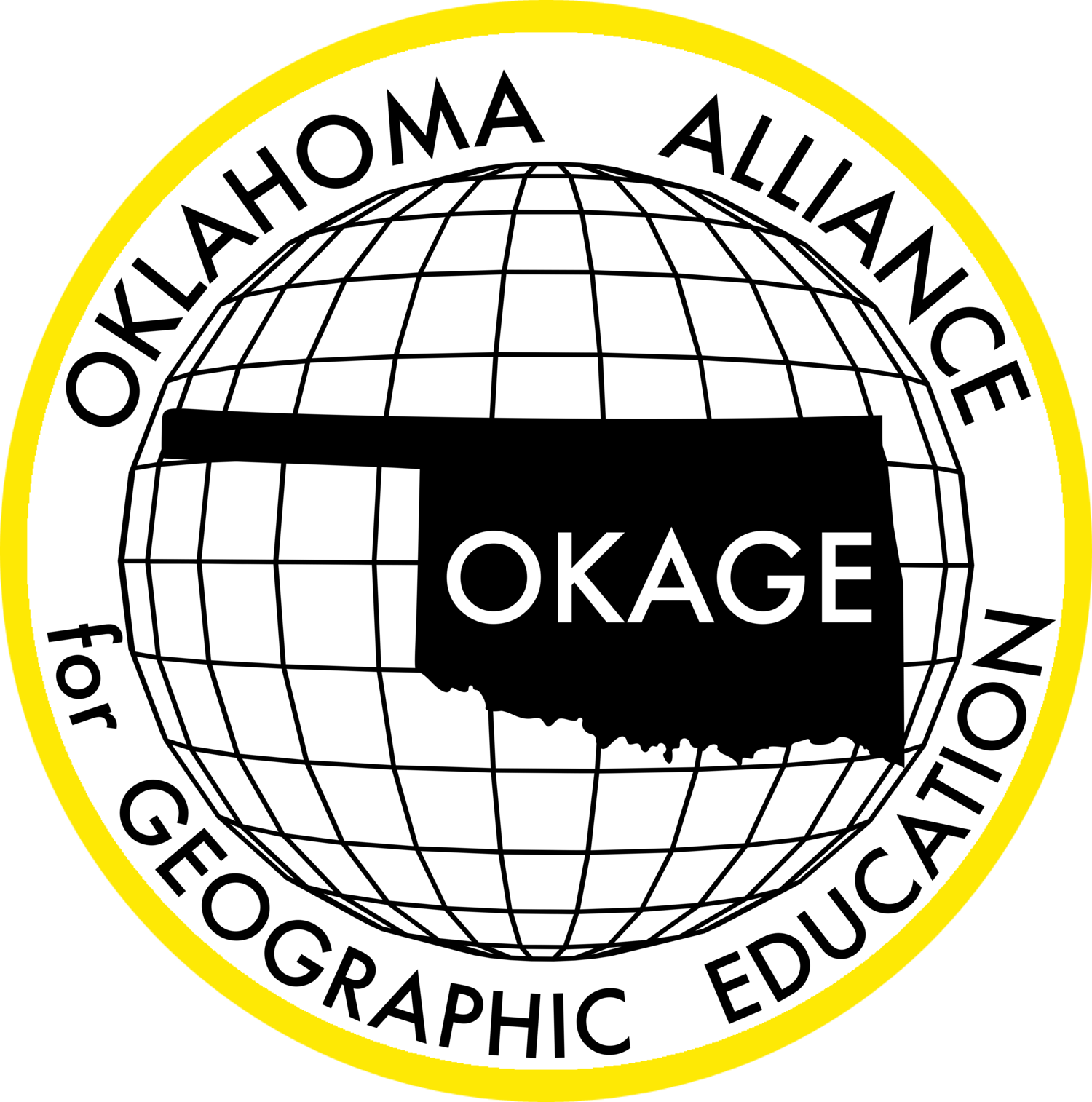Lions, Tigers and Bears: The Dilemma of Ecotourism
Description: The objective of the lesson is to investigate the role and effectiveness of wildlife preserves, utilizing a micro-case study from Kenya and making connections to a variety of ecosystems through an online global tour of significant wildlife preserves. Using the essential and supporting questions, students will analyze the advantages and disadvantages of current environmental protection efforts in order to make recommendations regarding a proposed wildlife preserve in Antarctica.
Grade level(s): Middle School, High School
Standards: OAS, GFL
Produced By: Pam Merrill
Rio Platano
Description: The objective of the lesson is to provide an in-depth study of Central America’s most important biosphere - the Rio Platano Reserve and its necessity to the survival of both humans and wildlife. Using the essential and supporting questions, students will analyze the perspectives of major groups who seek to utilize the natural resources of the Rio Platano, followed by engagement in a simulated regional conference of stakeholders. A comparative micro-study of the impact of unsustainable use of the monarch butterfly’s habitat in Mexico provides an optional enrichment opportunity for students. In addition, an extension mini-lesson provides an overall understanding of why wildlife preserves are established, how government policies attempt to protect species, and how individuals can be responsible stewards of their environments.
Grade level(s): Middle School
Standards: OAS, GFL
Produced By: Pam Merrill
Water, water everywhere, but not a drop to drink
Ecotourism: Are you a tacky tourist or an eco tourist?
Human Trafficking - I want my freedom!
Universal Rights of the Child to Remain with Their Parents
Description: The ability to evaluate controversial issues is an important life skill of citizenship for all individuals. Using age appropriate lessons, teachers can help students learn how to use critical inquiry and higher levels of thinking to gain an understanding of sensitive issues, the stakes and stakeholders involved, and relevant viewpoints. In this lesson, students will learn about UNICEF’s Rights of the Child, focusing on the right of children to remain with their parents (with exceptions being in cases of abuse, neglect, or specific parental custody placement). Using examples from past history, as well as current events, students will gain an understanding of consequences when this right is violated, and respectfully participate in discussions with others when different viewpoints are expressed.
Grade level(s): Elementary, Middle School
Standards: GFL, OAS
Produced By: Lynn Tilley
Lives on Hold: Teaching the Refugee Crisis
Description: More people today have been forced to flee their homes by conflict and crisis than at any other time since World War II. Through this collaborative, hands-on lesson, students will simulate facets of involuntary migration and displacement. The resources provided allow students to engage with authentic situations experienced by asylum seekers, helping them to better empathize with and understand the plight of refugee families.
Grade level(s): Middle School Standards: GFL, OAS
Produced By: Taylor Woodard
The Deforestation Balancing Act
Description: The objective of the lesson is to examine the evidence linking deforestation to the controversial topic of climate change. Using the essential question, students will demonstrate an understanding of the causes of deforestation, including its role in global climate changes of the present and future. Students will conclude their investigations in a simulated climate conference, during which they will utilize geographic information and facts to support their views toward this controversial topic.
Grade level(s): Elementary, Middle School
Standards: OAS, GFL
Produced By: Pam Merrill
Teach a Man to Fish - Controversies Surrounding Foreign Aid
Description: Students will analyze the major controversies surrounding the rationale and impact of foreign aid to developing regions in order to formulate informed opinions and effectively engage in deliberations regarding financial assistance to growing economies.
Grade level(s): Middle School, High School
Standards: GFL, OAS
Produced By: Pam Merrill
Rich or Poor: Barriers and Paths to Development
Description: Students will examine basic reasons why some nations and regions develop while other do not, including analysis of the factors used by geographers to measure human development and two opposing models toward development, historically and currently utilized by developing nations’ leadership toward reaching economic progress. Use of real-world families from selected developed and developing regions serve as the catalyst for student investigations.
Grade level(s): Middle School, High School
Standards: GFL, OAS
Produced By: Pam Merrill
Global Football Through the Media's Lens
Description: Students will gain an understanding of the role of media as a source of public information regarding geographic events, development, and issues by examining and weighing the validity of various forms of media. The environmental challenge of climate change is used to illustrate the six basic purposes of media, utilizing an interactive online global tour. Students will have the opportunity to expand their research and technological skills through the production of online global tours, investigating additional topics of desertification, deforestation, pollution, overpopulation, and urban sprawl.
Grade level(s): Middle School
Standards: OAS, GFL
Produced By: Pam Merrill
Bon Appetit: Food Security on a Hungry Planet
Description: Students will investigate the status of food security and accessibility in both developed and developing nations through a study of the typical week’s dietary intakes of a global sampling of families, using classroom-ready Tourbuilder lessons, which combine Google mapping technology, digital maps, photographs, and video clips. Teacher-centered instruction will introduce students to the current practices of agriculture in developing nations, as well as provide background information regarding potential solutions to address food security. During the course of the lesson, students will be engaged in the analysis of maps, graphs, and cartograms to gain an understanding of the spatial relationships between food availability, trade, and population growth.
Grade level(s): Middle School
Standards: OAS, GFL
Produced By: Pam Merrill
Carbon Footprints, Finding Solutions
Description: Students will gain understanding in the climate change. Students will engage in technology and create an action plan addressing the world-wide conservation and environmental crisis while learning human-environmental interaction concepts related in geography.
Grade level(s): Middle School, High School
Standards: OAS, C3
Produced By: LeaAnn Wyrick
Can You C-Me?
Description: This lesson asks students to investigate a scientific phenomenon, coronal mass ejections (CME), that could have major impacts on our infrastructure, society, and the world. However, strong coronal mass ejections are not well understood by scientists and the public is mostly unaware that this threat even exists. A Carrington Class CME could strike at any time, and depending on its strength and our response, the event could be so catastrophic that modern civilization is forever changed. Using a CME investigation as the backbone, teachers can take this lesson down a variety of paths that relate to human systems, environment, and society.
Grade level(s): Middle School Standards: OAS, GFL Produced By: Danny Mattox
Tectonic Leadership
Description: The purpose of this lesson is for students to examine how leaders in the countries affected by the Ring of Fire, shape geopolitical choices. Students will do this through readings and dramatizations. It is designed to introduce students to rulers in this region of the world and examine how they are shaping geo-political issues today. Students will also become familiar with some distinctive elements of the various cultures.
Grade level(s): Middle School Standards: OAS, GFL
Produced By: Ann Kennedy
Whole Lotta Shakin’ Goin’ On: Tectonic Changes along the Pacific Rim
Description: Using a variety of online, print, and visual evidence, students will be challenged to defend of refute the label, Ring of Fire, as an accurate and appropriate description of the physical region of the Pacific Rim and its history, as well as future potential for devastating tectonic events. As a conclusion to student investigations, students will create and publish their findings in an online, digital journal. The lesson is most effective if students have access to the internet at multiple stages of the lesson; however, options are available should access be limited.
Grade level(s): Middle School Standards: OAS, GFL
Produced By: Pam Merrill
Using www: // to Study the Ring of Fire
Description: This lesson will present a list of websites with synopses of some of the many resources available on the World Wide Web to assist educators in teaching the “Ring of Fire.” This incredible geographic topic comes alive with the many visuals and hands-on interactive activities. Examples are: videos, PowerPoint presentations, interactive maps, vocabulary lists, quizzes, lesson plans, lecture notes, editorials, newspaper articles on current events and much more. Teachers can choose what works best in their classrooms.
Grade level(s): Middle School Standards: OAS, GFL
Produced By: Teresa Begley
Picture This - The Economics of Geography
Description: Students will examine photos reflecting primary, secondary, and tertiary economic activities. They will analyze the photos and be able to explain the difference between the three economic activities and the impact they have on a nation’s development.
Grade level(s): Middle School Standards: OAS, GFL
Produced By: Ann Kennedy
Nuclear Energy Friend or Foe
Click on the image above to download the lesson plan. Also, due to the large file please follow this link to download the rest of the lesson.
Description: The objective of the lesson is to evaluate the benefits and challenges of continued development and dependence on nuclear energy as a source of power for developed, as well as developing nations. Using the essential questions “How can people cooperatively solve common challenges?” and “What responsibilities do we owe the preservation of the Earth’s environments?”, students will work as cooperative teams to investigate the current status of nuclear energy production and dependence, the geo-political issues arising from new access to nuclear power sources, and the impact of nuclear energy on the environment. Student learning and team research will be presented through a classroom “Fishbowl Global Summit”.
Grade level(s): Middle Standards: OAS, GFL Produced By: Pam Merrill





















